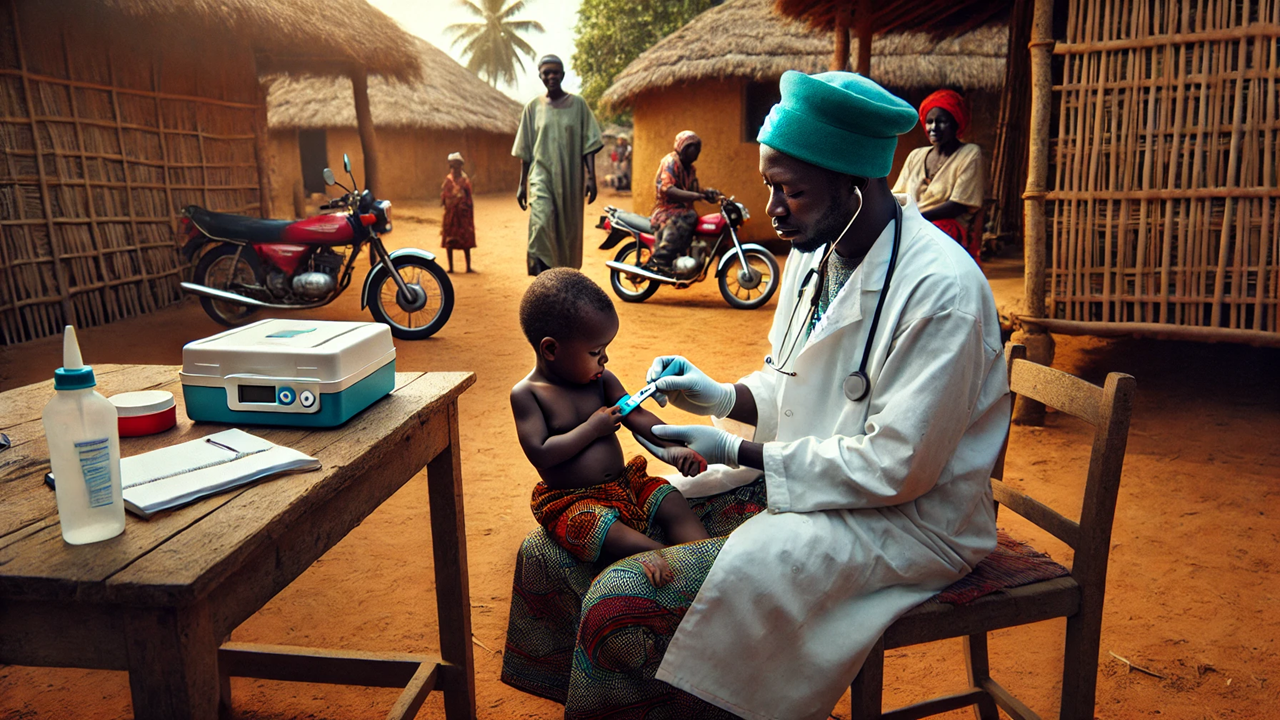Harm Reduction Vital for Universal Health Access to Marginalized Populations, States UN Expert
Mofokeng added, “There is no path to sustainable peace and development without meaningful inclusion of populations experiencing long-standing discrimination.”

The United Nations Special Rapporteur on the right to health, Tlaleng Mofokeng, highlighted the urgent need for inclusive harm reduction services to ensure marginalized populations are fully supported under universal health coverage (UHC) frameworks. In her address to the UN General Assembly, Mofokeng underscored that harm reduction should include accessible, quality services for populations often excluded or criminalized, such as those facing issues around drug use, HIV, abortion, same-sex relationships, and sex work.
“Harm reduction must align with universal health coverage and provide services that are both comprehensive and affordable,” Mofokeng asserted, emphasizing that exclusionary policies limit the potential for public health systems to deliver equitable care. She called on states to move away from punitive, criminalization-focused approaches and adopt regulatory models that improve health outcomes for historically marginalized groups.
Call to Decriminalize to Improve Health and Human Rights
In her report, Mofokeng urged states to decriminalize abortion, sex work, HIV non-disclosure, and drug use for personal consumption, arguing that criminalization creates barriers to accessing quality care and further stigmatizes vulnerable groups. She called for laws and policies that respect the rights of individuals involved in sex work, as well as those impacted by restrictive abortion laws, HIV criminalization, or drug policies. These populations, she explained, are often subject to stigma, exclusion, and discriminatory practices that infringe on their fundamental rights and harm their physical and mental well-being.
Mofokeng added, “There is no path to sustainable peace and development without meaningful inclusion of populations experiencing long-standing discrimination.” She urged states to reallocate resources toward regulatory and supportive frameworks that reduce harm rather than increase punitive measures.
Accessible Essential Medicines and Health Determinants Beyond Healthcare
Beyond health services, Mofokeng argued that harm reduction in universal health coverage should extend to social determinants of health—factors like housing, economic stability, and access to education, which significantly influence health outcomes. Noting that crises are often leveraged as reasons to increase policing, Mofokeng warned that such approaches disproportionately impact vulnerable populations and may exacerbate harm during times of crisis rather than mitigate it.
Mofokeng also highlighted the need for essential medicines to be both affordable and readily available, stressing that UHC’s success hinges on its inclusivity and focus on social equity.
Recommendations for Stakeholders and Good Practices
The Special Rapporteur shared a compilation of good practices from diverse regions, which included evidence-based, stigma-free legislative, policy, and programmatic models. She called on states, NGOs, and civil society groups to prioritize human rights in developing inclusive, harm-reduction frameworks, adding that these efforts should be linked to universal health coverage to provide marginalized populations with the conditions needed for a dignified life.
“For sustainable peace and progress,” Mofokeng concluded, “it’s essential that stakeholders integrate human rights and harm reduction principles into every aspect of universal health coverage, from policy to practice.”
- READ MORE ON:
- universal health coverage
- UN General Assembly
- Tlaleng Mofokeng










